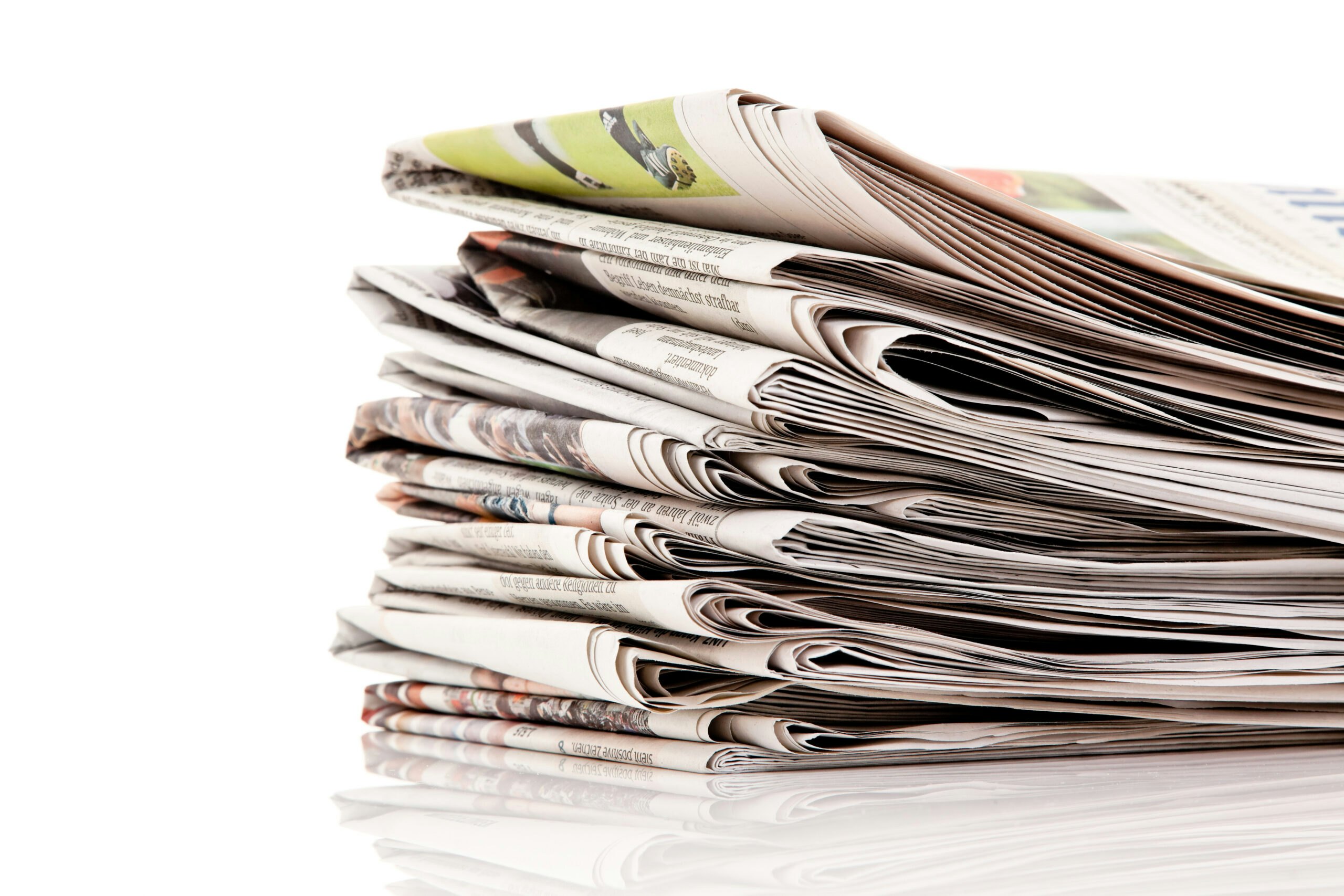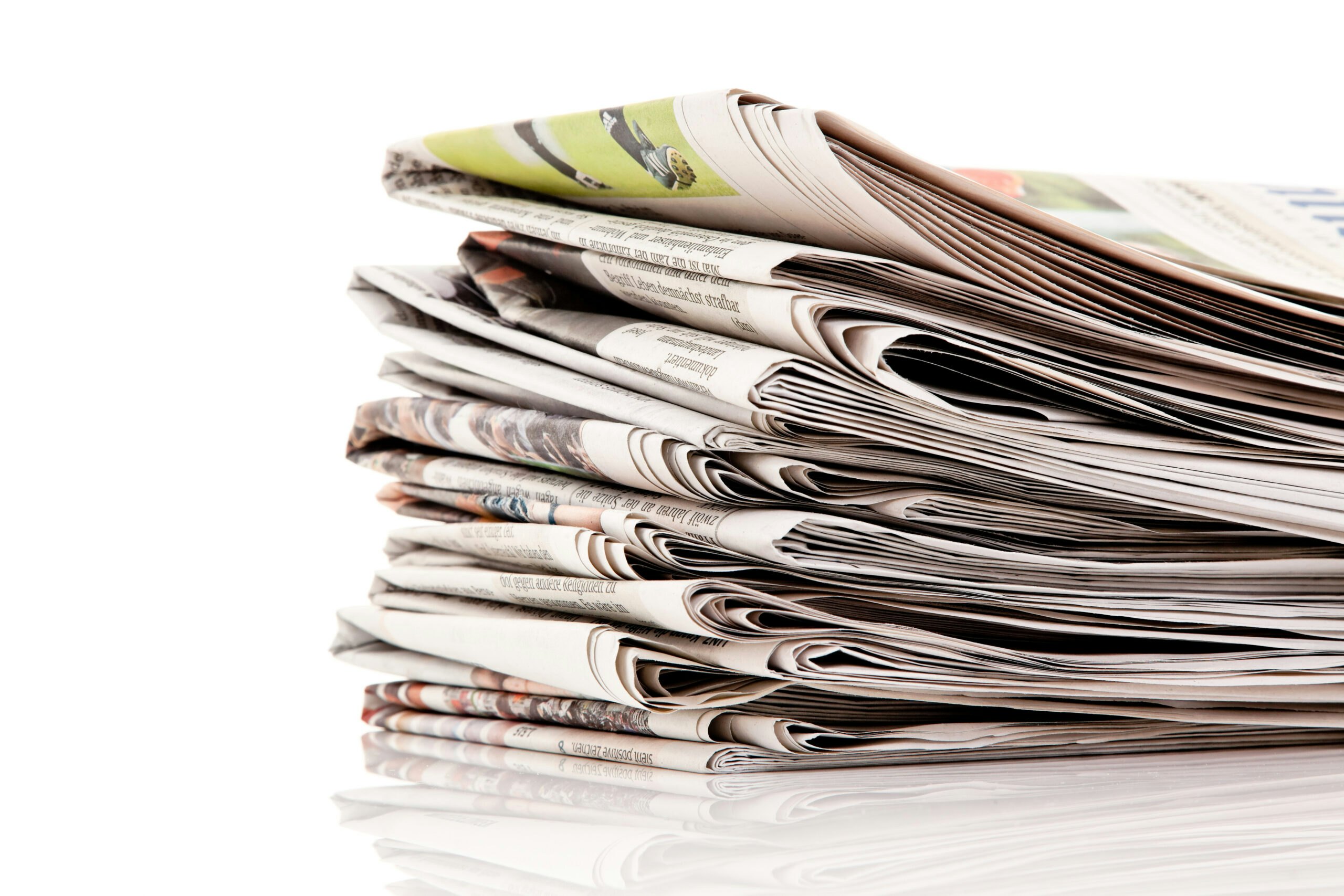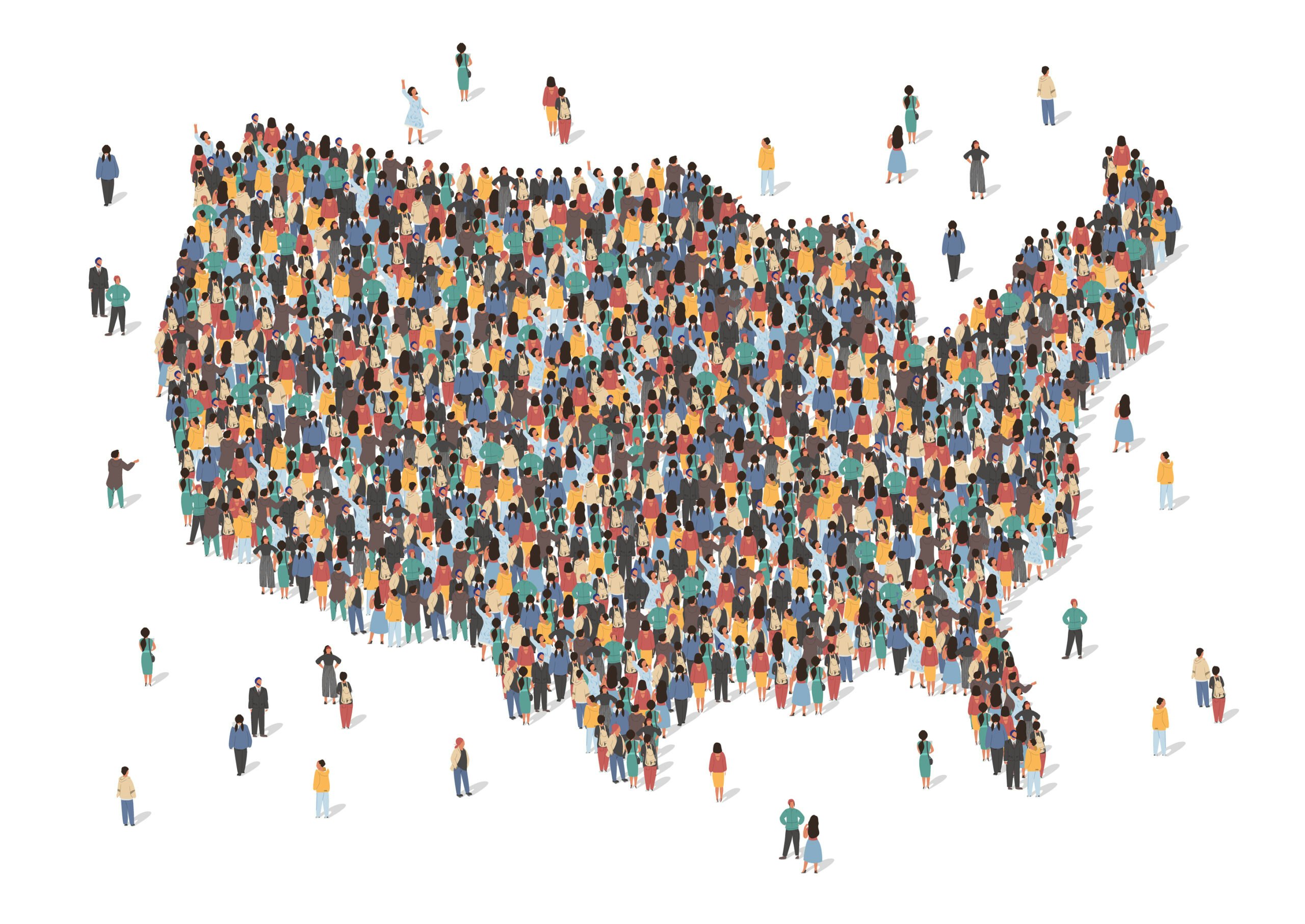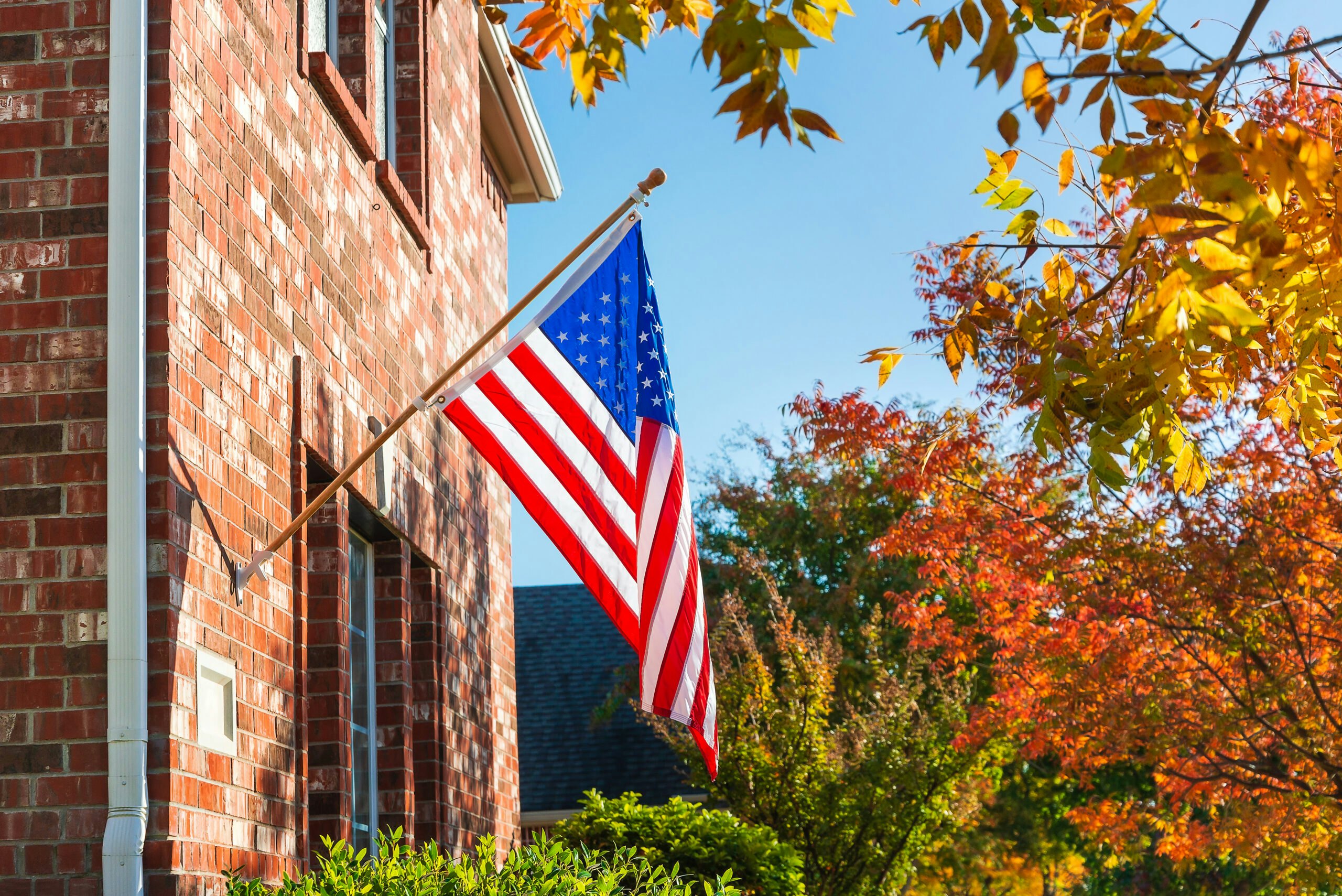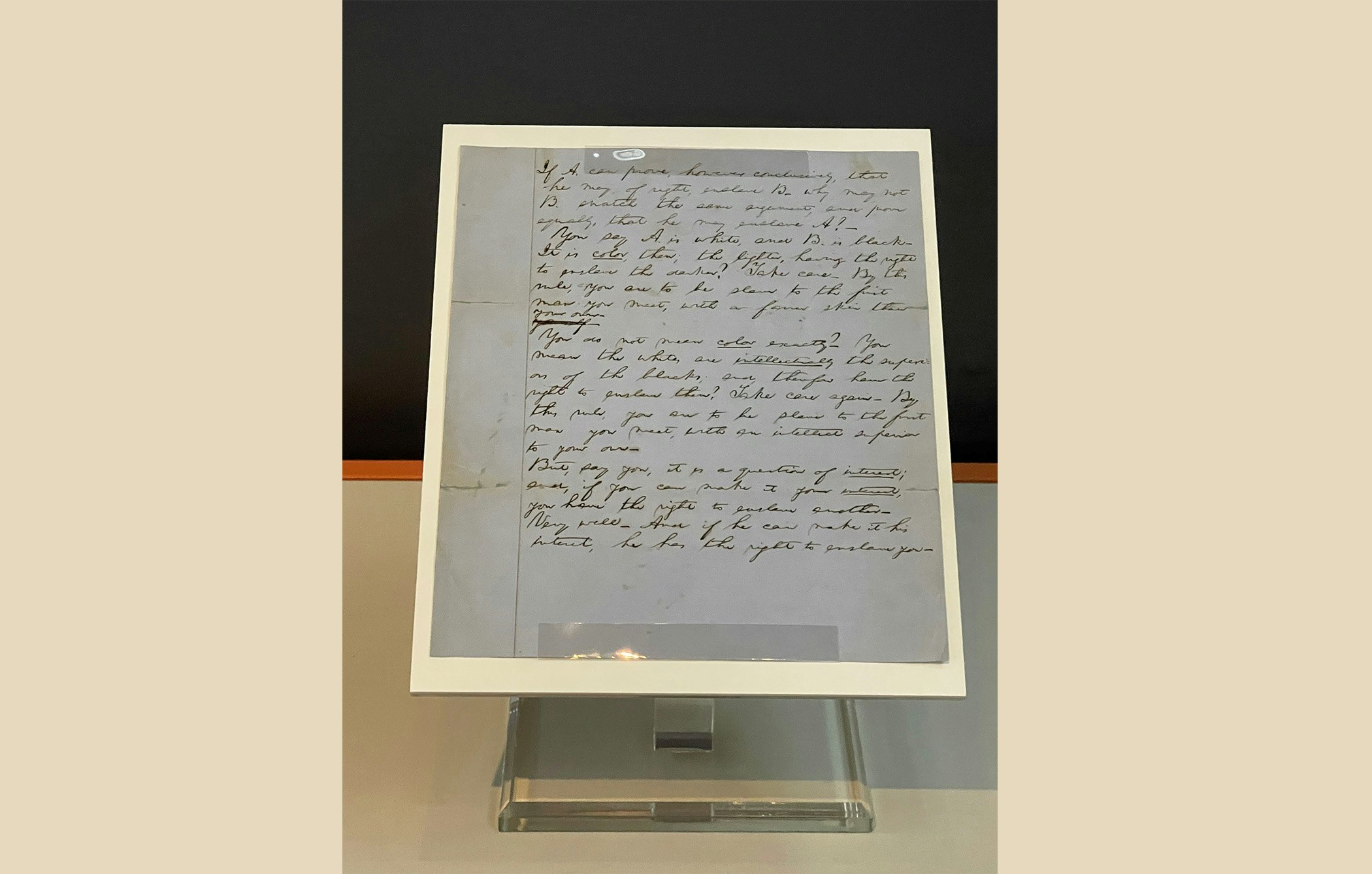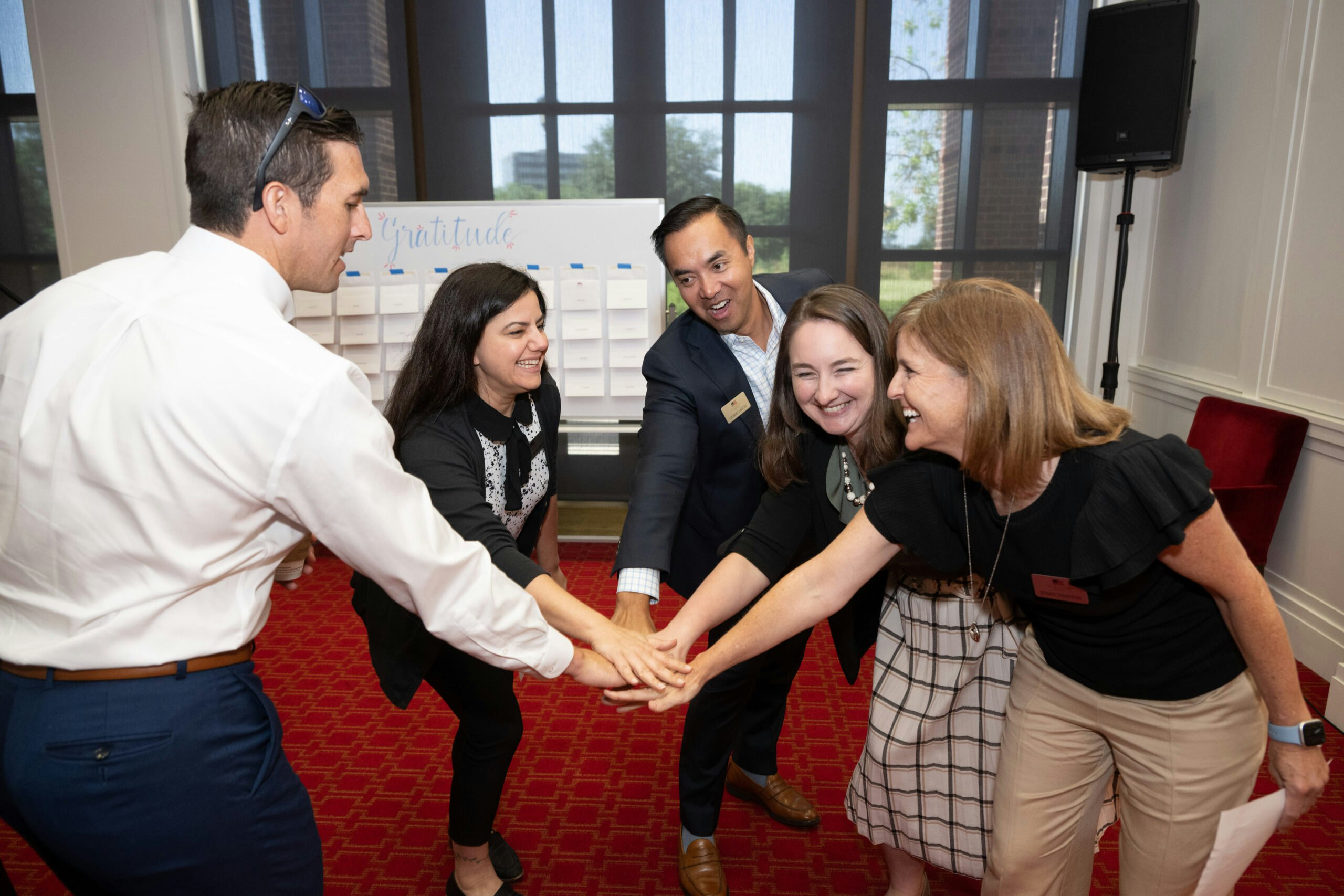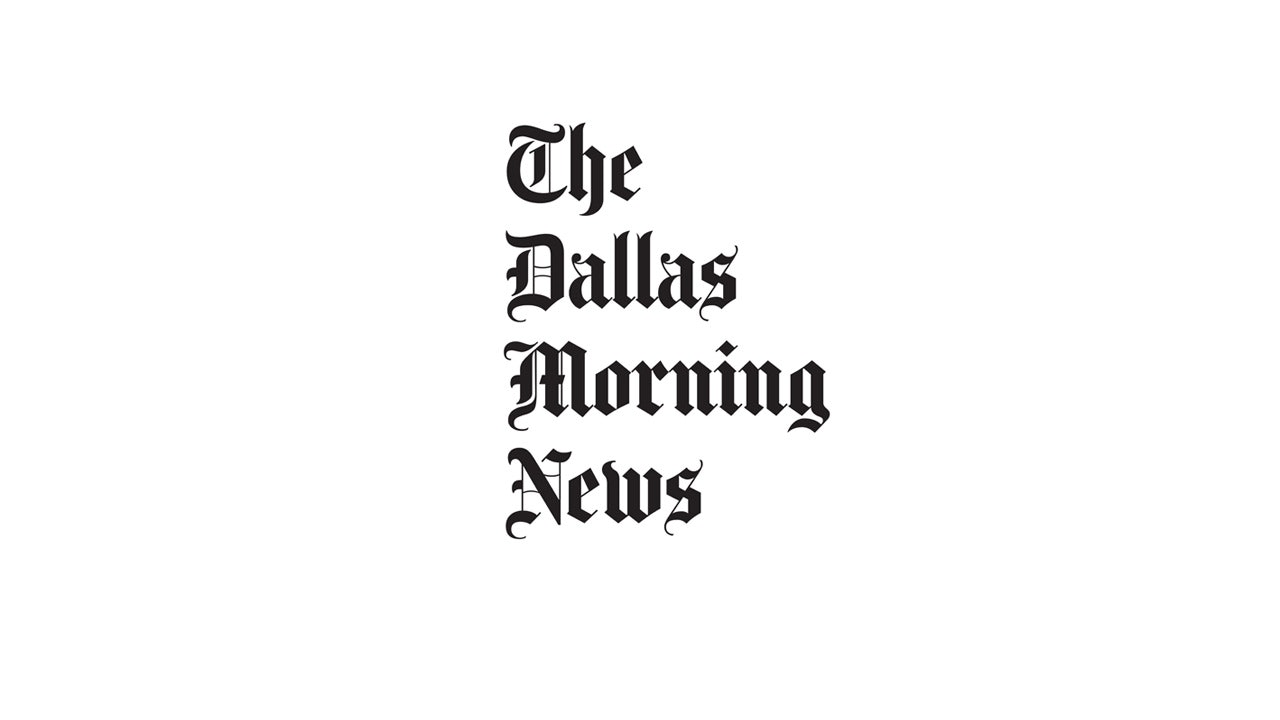Recent reports reaffirm that America should “harden our defenses” against ongoing external attacks on our democracy
Two very important – though stylistically very different – reports have arrived recently that underscore the importance of the speech delivered on October 19 by former President George W. Bush.
Recall that in his widely noted remarks in New York City on that day, one of Mr. Bush’s themes was the need for Americans to “harden our defenses” against ongoing external attacks on our democracy that became apparent around the 2016 elections. As President Bush put it:
The Russian government has made a project of turning Americans against each other. This effort is broad, systematic and stealthy, [and] it is conducted across a range of social media platforms. … We must secure our electoral infrastructure and protect our electoral system from subversion.
In a related Call to Action paper issued by the George W. Bush Institute on the same day, Peter Wehner and I noted that this matters in a global strategic sense because the quality of our democracy – and whether it in fact works for all Americans – directly impacts America’s ability to play its leadership role internationally.
“To engage the world with credibility,” we wrote, “the United States must continue its long journey to become a more perfect union, both dynamic and self correcting, striving to offer ‘liberty and justice for all.”
We then pointed to several initiatives that should be supported and enlarged. Among them are specific steps to secure the U.S. elections system in ways that do not infringe upon the states’ control of election administration. These include:
- Enhanced use of voter-verified paper ballots;
- Discouraging the increasingly popular online voting;
- Heightened cyber-security around voter registries; and
- Constant vigilance by voters and administrators alike.
We also recommended building on best practices in exposing false news reports, as is being done in Europe by Stopfake.org, a university-based initiative. At the same time, we advocated for teaching young people how to interpret the news media, as is being done in the U.S. by the News Literacy Project, a nonpartisan effort to teach school high school kids how to sort fact from fiction in the digital age.
With the turn of the year came the reinforcements. On January 11, the Senate Foreign Relations Committee minority staff issued a blockbuster 206-page report, “Putin’s Asymmetric Assault on Democracy in Russia and Europe: Implications for U.S. National Security.”
The document provides rich texture into the wide range of well-funded propaganda and misinformation actions the Russian government has undertaken to distort and manipulate public opinion (which is to say ‘voters’) in western democracies. It also cites the value of efforts like Stopfake.org and others, such as the “Learn to Discern” program that has been developed in Ukraine by the American non-profit IREX, the International Research and Exchange Board, to good effect.
In an echo of the Bush Institute’s call for a presidential commission to examine malign foreign influence in American elections, the Senate report calls on the Congress to enact “pending legislation to create an independent, nonpartisan commission to comprehensively investigate Russian government interference in the 2016 U.S. election.” The purpose here, of course, would be to clarify what else we need to do to defend our democracy against foreign assault.
A few days later, on January 16, the bipartisan human rights organization Freedom House issued its annual report on the state of political rights and civil liberties in every country across the globe, Freedom in the World 2018. The report found that in 2017, for the twelfth consecutive year, more countries saw downturns (71) than registered improvements (only 35) – confirming that a worldwide recession in freedom is indeed well underway.
This report notes that America’s freedom score is among those declining as “the United States has experienced a series of setbacks in the conduct of elections and criminal justice over the past decade – under leadership from both political parties… Prominent concerns have included the influence of money in politics, legislative dysfunction, and severe inequalities in the criminal justice system.”
In 2017, however, the deterioration accelerated, in part due to “growing evidence of Russian interference in the 2016 election campaign and a lack of action by the Trump administration to prevent a reoccurrence of such meddling.”
As Freedom House president Mike Abramowitz notes in the report’s overview essay, this erosion of America’s own democratic standards is “damaging its international credibility as a champion of good governance and human rights.”
The vitality of American democracy is thus intertwined with our country’s ability to be strong and persuasive on the global stage. To defend and advance United States interests in the world, we need to protect our democracy at home.



